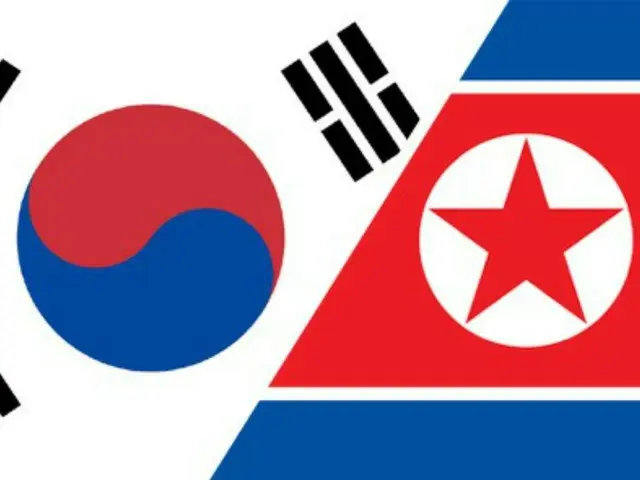Regarding the military agreement, South Korea suspended part of the agreement after North Korea wrapped up a military reconnaissance satellite in November last year, but this is the first time that it has been suspended completely.
The treaty's main pillar is to refrain from military hostile acts, but the South Korean presidential office said the suspension would "enable sufficient and immediate measures to be taken against North Korean provocations."
The agreement, known as the "September 19 Inter-Korean Military Agreement," was signed in September 2018 by then-President Moon Jae-in and North Korean leader Kim Jung Eun.
The document is an addendum to the Pyongyang Joint Declaration signed by the two Koreas. It states that the two Koreas will make efforts to ease military tensions, and that they will cease all hostile acts on land, sea, and air, and establish a demilitarized zone (DMZ).
The agreement included measures to turn the DMZ (Demilitarized Zone) into a peace zone. Initially, the items included in the agreement included the trial removal of guard posts (GPs) within the DMZ and the construction of a new bridge over the Han River, which runs between the North and South Koreas.
The joint investigation at the mouth of the river and the excavation of the remains of soldiers who died in the Korean War were carried out. However, the US-North Korea summit held in Hanoi, Vietnam in 2019 ended in failure, and
Relations with the North have cooled again, and implementation of the agreement has halted. South Korean President Yoon Seok-yeol, who has taken a tough stance against North Korea, has long warned that the agreement could be repealed if any serious incident occurs.
Shin Won-sik, who became South Korea's Minister of National Defense in October last year, also said of the agreement, "We will push for the suspension of the measures as soon as possible."
Last November, North Korea announced a wrap-up party for a military reconnaissance satellite, and in response, the South Korean government decided in the same month to suspend the "no-fly zone" provision included in the inter-Korean military agreement.
Immediately afterwards, North Korea also announced its "termination" of the agreement, stating that it would "immediately reinstate all military measures that had been suspended under the agreement." It also reinstated guard posts near the North-South military demarcation line and redeployed soldiers and firearms.
As tensions between the North and South Korea continue to grow, North Korea has sent balloons containing garbage and other waste into South Korea since the 28th of last month, as well as jamming GPS signals.
This is believed to be a countermeasure to the fliers criticizing the Kim Jong Un regime sent from South Korea to North Korea by a group of North Korean defectors early last month.
"From the night of May 28 to the early hours of June 2, 15 tons of garbage was sent to the border area of South Korea and the capital area using about 3,500 different tools," the South Korean government said.
"They have demonstrated to the world their own level of denuclearization," he said, warning that if they do not stop such behavior, "we will take all unbearable measures."
He met with U.S. Secretary of Defense Lloyd Austin in Singapore and confirmed his view that North Korea's actions are a violation of the Korean War armistice agreement.
On the 4th, the South Korean government formally decided to suspend the effectiveness of the inter-Korean military agreement in full as a countermeasure.
The suspension will last until mutual trust between the two Koreas is restored. The South Korean presidential office emphasized that the suspension will allow for "sufficient and immediate measures to be taken against North Korean provocations."
In terms of the situation, military training will be possible along the Military Demarcation Line, and loudspeaker propaganda broadcasts to North Korea along the Military Demarcation Line, which have been suspended for more than six years, will be able to be resumed.
The move is said to have a significant psychological impact on North Korean soldiers on the front lines, as it conveys information about their lives and the lives of their soldiers.
"The government will take all necessary measures to protect the lives and safety of our people," he emphasized. As mentioned above, North Korea declared its de facto abandonment of the agreement in November last year,
There is a possibility that South Korea's decision will provoke a backlash, raising concerns that the conflict between the North and South Koreas may intensify further.
2024/06/05 15:22 KST
Copyrights(C)wowkorea.jp 5

